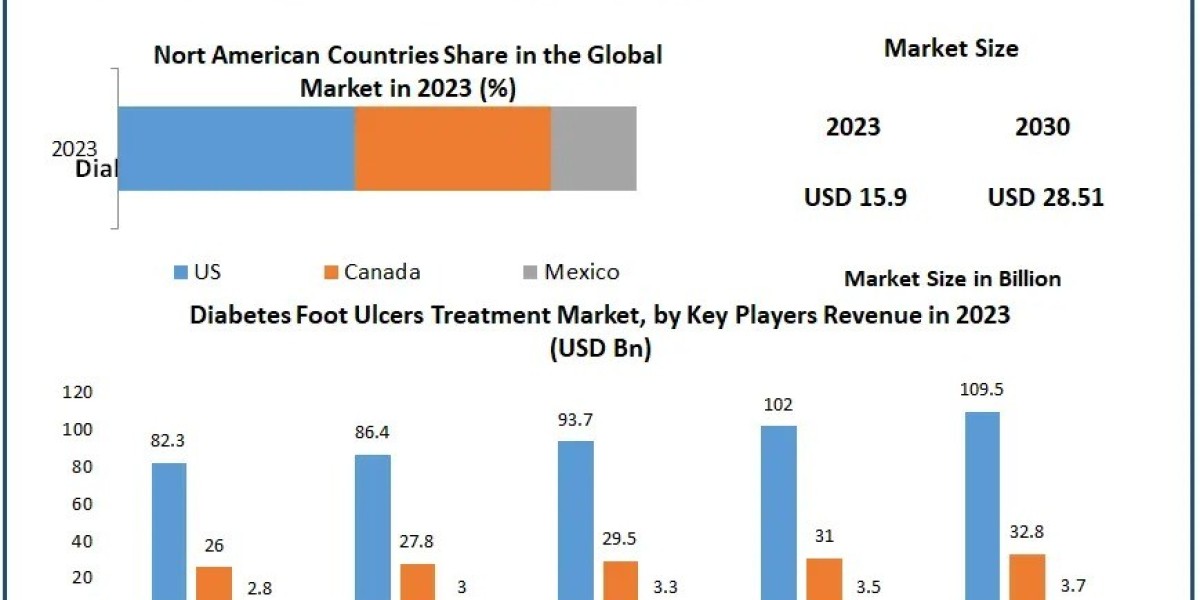In the dynamic landscape of pharmaceuticals, innovation is not just a buzzword; it's a necessity. Traditional pharmaceutical companies have long been the cornerstone of drug development, investing heavily in research, manufacturing, and distribution. However, a new player has emerged on the scene, disrupting the status quo and challenging the conventional model. Enter the virtual pharmaceutical company.
So, what exactly is a virtual pharmaceutical company, and how does it differ from its traditional counterparts?
At its core, a virtual pharmaceutical company operates without the burden of owning manufacturing facilities or conducting extensive in-house research. Instead, it focuses on strategic partnerships, outsourcing various aspects of drug development, and leveraging cutting-edge technology to streamline processes. This lean and agile approach allows virtual pharmaceutical companies to allocate resources more efficiently, accelerate innovation, and bring novel therapies to market at a fraction of the time and cost.
But why the sudden surge in virtual pharmaceutical companies, and what advantages do they offer?
One of the primary drivers behind the rise of virtual pharmaceutical companies is the shifting dynamics of the industry. With increasing competition, rising R&D costs, and growing regulatory complexities, traditional pharmaceutical companies are under immense pressure to deliver results. In contrast, virtual pharmaceutical companies have the flexibility to adapt quickly to changing market trends, allocate resources strategically, and pursue niche therapeutic areas that may be overlooked by larger players.
Moreover, virtual pharmaceutical companies have embraced technology as a cornerstone of their operations. From AI-driven drug discovery platforms to cloud-based collaboration tools, these companies are harnessing the power of data and analytics to drive decision-making and optimize processes. By leveraging digital solutions, virtual pharmaceutical companies can accelerate the pace of innovation, identify promising drug candidates more efficiently, and navigate the complexities of drug development with greater precision.
Another key advantage of virtual pharmaceutical companies is their ability to foster collaboration and leverage the collective expertise of industry partners. By forming strategic alliances with contract research organizations (CROs), academic institutions, and other stakeholders, virtual pharmaceutical companies can access specialized knowledge, resources, and infrastructure without the need for substantial capital investment. This collaborative approach not only reduces costs but also mitigates risks and accelerates the development timeline.
However, despite their many advantages, virtual pharmaceutical companies are not without challenges. One of the primary concerns is maintaining quality control and ensuring compliance with regulatory standards. With drug development activities dispersed across various partners and vendors, virtual pharmaceutical companies must implement robust oversight mechanisms and rigorous quality assurance processes to safeguard the integrity of their products.
Moreover, navigating the complex landscape of intellectual property rights, licensing agreements, and regulatory requirements can pose significant hurdles for virtual pharmaceutical companies, particularly in highly regulated markets such as the United States and Europe. To succeed in this environment, virtual pharmaceutical companies must possess a deep understanding of regulatory frameworks, engage in proactive risk management, and cultivate strong relationships with regulatory authorities.
In conclusion, virtual pharmaceutical companies represent a paradigm shift in drug development, offering a leaner, more agile alternative to traditional pharmaceutical companies. By embracing technology, fostering collaboration, and prioritizing innovation, these companies are revolutionizing the way drugs are discovered, developed, and commercialized. While they face challenges unique to their operating model, the potential benefits — in terms of cost savings, speed to market, and therapeutic impact — are undeniable. As the pharmaceutical industry continues to evolve, virtual pharmaceutical companies are poised to play an increasingly prominent role in shaping its future.









